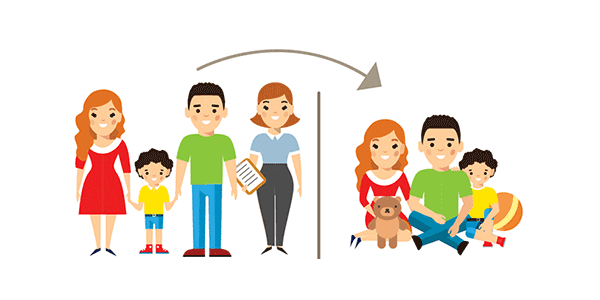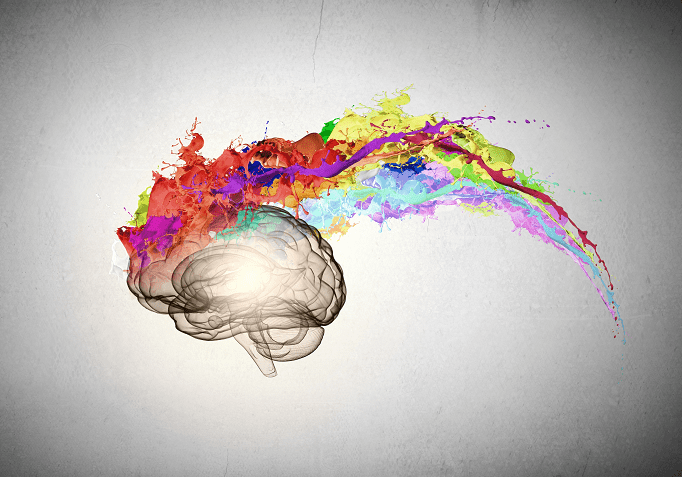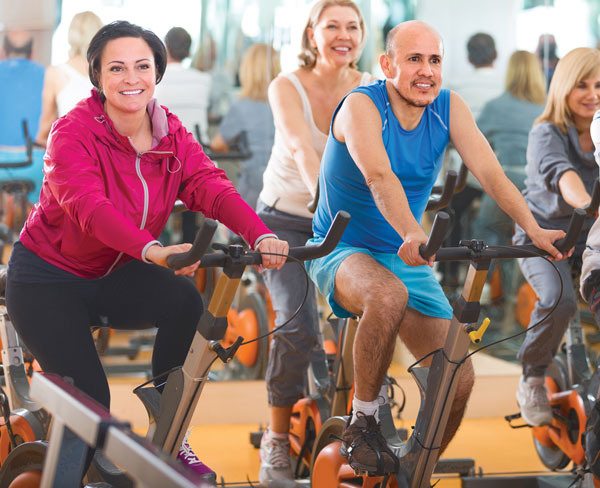Posts Tagged ‘diet’
Survey of 2500 families finds what ADHD treatments seem to work/ not work as applied in the real world
While carefully controlled clinical trials are essential for establishing scientific support for different ADHD treatments, it is also important to examine how parents feel about the treatments they actually select for their child. How parents feel about ADHD treatments they have tried for their child provides an important complement to published clinical trials data, and can…
Read MoreNeuroscience tips about gratitude, aging, pain and the brain: An interview with Dr. Daniel Levitin
___ About 13 years ago, I watched my very vital mother die a slow death from Lewy-Body dementia. For me, it was a wakeup call. If there were anything I could do to stay healthy myself—to avoid the slow decline of an aging brain—I wanted to do it. But what really helps us stay sharp…
Read MoreTrend: Consumers spend significantly more on digital brain health and neurotechnology apps
_____ People spent $1.9 billion last year on apps to keep their brains sharp as they age — here’s what actually works (MarketWatch): “With an aging population worried about cognitive decline and dementia, such training programs have seen a burst in popularity in recent years. Consumers spent an estimated $1.9 billion on digital brain health…
Read MoreAerobic exercise–not diet or health education–seen to significantly improve executive functions among older sedentary adults
Aerobic Exercise May Be Key to Better Neurocognition (Psychology Today): “Duke University researchers recently reported that just six months of aerobic exercise—for 35 minutes, three times a week—may improve executive function in older adults who have cognitive impairments. Before they began doing aerobic exercise, the previously sedentary study participants had difficulty concentrating, making decisions, and remembering
Read MoreLifestyle and neurotechnology over genetics
?” Dear colleague, It’s remarkable how quickly things are changing, finally, in brain health and mental health — see for example what’s new with Interaxon, Akili, NeuraMetrix, Apple, Calm, Halo Neuroscience, Mindstrong Health, Novartis, Pear Therapeutics, and lifelong neurogenesis, all in the last 6 months! Please enjoy the May edition of SharpBrains eNewsletter below, and consider joining the…
Read MoreCognitive training, diet, exercise, and vascular management seen to improve cognition even in people with genetic predisposition for dementia (APOE e4)
___ How do genetics impact early intervention for dementia? (Medical News Bulletin): “Cardiovascular and neurological diseases, such as dementia, have been linked to dysfunction of a variation of the apolipoprotein E, or APOE, gene, called the APOE e4 allele…The Finnish Geriatric Intervention Study to Prevent Cognitive Impairment and Disability (FINGER) evaluated whether the effectiveness of…
Read More




